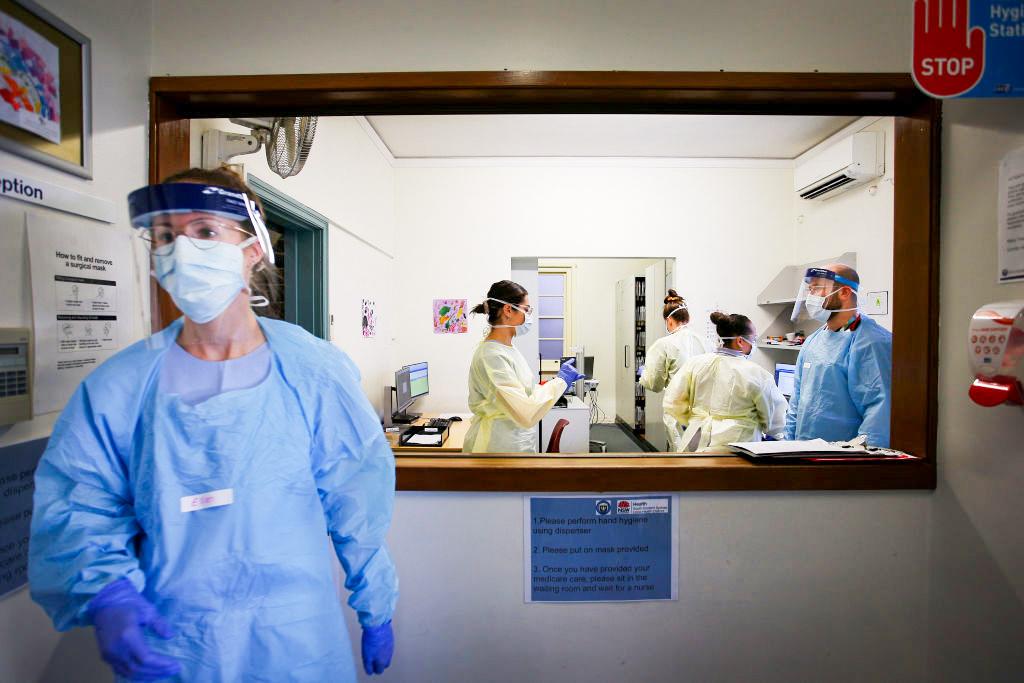Health colleges have warned that the Labor government’s international student cap could exacerbate the shortage of nurses and health professionals in Australia.
Following the passage of the Education Services for Overseas Students Amendment (Quality and Integrity) Bill 2024 in August, the government implemented a National Planning Level (NPL) that restricted the number of international students Australian universities can enrol.





